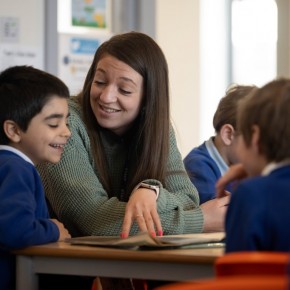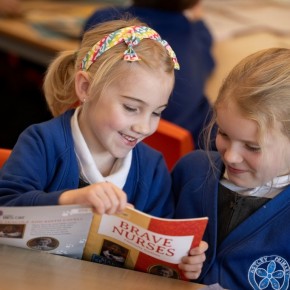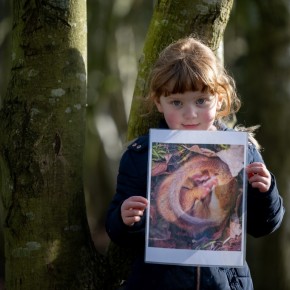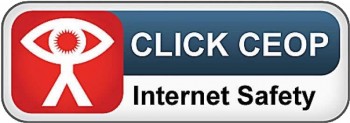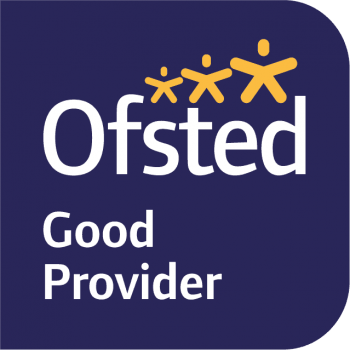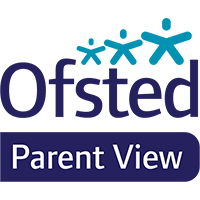Our REPL-ACE Plan
Overview
In September 2020, all classes at Astley Primary School returned to full-time learning, following the Covid19 partial closure in March 2020. Although of course our hope is that all children will now have an uninterrupted experience of schooling and education, we need to plan for children missing school, due to the following Covid19 reasons as detailed below:
- Awaiting a test/test result either their own or someone within their family household and therefore self-isolating.
- On confirmation of a positive test result, leading to self-isolation. (not in the event of illness)
These in turn could lead to isolation and missed schooling for an individual child, a class ‘bubble’ cohort or indeed a whole school. There is also the potential that government policy or directives could also lead to either localised or national school closures.
Therefore, it is important that as a school we put in a robust process and plan to effectively support and deliver remote learning, so that all children can continue with their education.
These plans will meet the expectations set out in the DfE guidance for full re-opening of schools. https://www.gov.uk/government/publications/actions-for-schools-during-the-coronavirus-outbreak/guidance-for-full-opening-schools#res
If children do not have access to a computer and/or the internet, the school will do all it can to support children and will provide paper packs of learning. Where funding can be accessed, remote devices (eg, laptops) and or 4G connections will be sought, particularly for disadvantaged children. Parents will be reminded to make the school aware of any barriers to accessing remote learning.
In relation to the above guidelines, remote education should follow these guiding principles to meet the needs of our children at Astley:
- Deliver a curriculum sequence that allows access to high-quality online and offline resources and teaching videos that are linked to the school’s curriculum
- Use online tools that will be consistently used across the school in order to allow interaction, assessment and feedback and make sure staff are trained in their
- Recognise that younger pupils and some pupils with SEND may not be able to access remote education without adult support and so schools should work with families to deliver a broad and ambitious
- Teach a planned and well-sequenced curriculum so that knowledge and skills are built incrementally, with a good level of clarity about what is intended to be taught and practised in each
- Provide frequent, clear explanations of new content, delivered by a teacher in the school or through high-quality curriculum resources or
- Plan a programme that is of equivalent length to the core teaching pupils would receive in school, ideally including daily contact with teachers.
REPL-ACE (Remote Education Plan for Learning – Astley Curriculum Experience)
The daily timetable for children will include;
- Maths – White Rose, Times Table Rockstars & MOTD (Maths of the Day)
- Reading/Phonics – Online KS1 Big Cat/Oxford Owl/Oak Academy (or Teacher created activity)
- Writing - Pobble 365 Picture of the Day/Oak Academy (or Teacher created activity)
- Spelling – Spelling
- Two curriculum foundation stage subjects per day – using Oak National Academy (from current sequence of work) or BBC Bitesize. (or Teacher created activity)
- Wellbeing focused activity
- Active lesson
All of the above will be facilitated by the use of our new learning platform, ‘DB Primary’ where teachers will be able to upload links, videos and resources and also provide feedback and assessment where appropriate. The learning platform itself also provides a wide range of activities for use. The new learning platform and the potential extra demand it places will be monitored by SLT to ensure it is manageable for teachers; aiming to sit alongside existing planning and marking requirements. SLT will consider ways in which staff can be given appropriate extra time if deemed necessary, especially when implementing the new system.
Extra Key Information:
Although contact will be made through the learning platform, SLT will consider need for other ways of regular contact, depending on the length of time engaging in remote education and personal vulnerability of the child/family. Guidance will be issued separately on safe use of devices and online communication used; specifically the expectations of staff, children and families when engaging in such contact and using the online platform.

